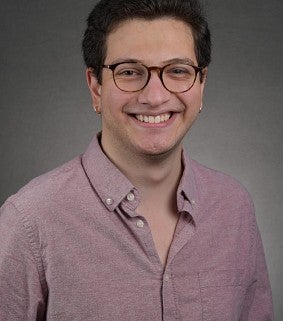Project Title: The Politics of Art among Queer and Trans Latine Immigrants in Oregon
Description: This multimodal ethnography investigates the ways queer and trans Latine immigrants in Oregon use art to resist social vulnerability and state repression—the escalation of government policies, rhetoric, and practices that target social movements, activists, and marginalized communities. Oregon is still widely perceived as a progressive, migrant-welcoming, and queer-friendly cultural hub in the mainstream national imaginary, despite its history of racially exclusionary laws and the predominance of a white-nationalist, conservative electorate in its rural areas. State laws allegedly offer legal protections against immigration enforcement, as well as rights to education, healthcare, and labor for immigrant communities in Oregon. However, these benefits were achieved through the political efforts of immigrant activists and grassroots movements, rather than through the generosity of legislators, and they now face increasing scrutiny amid the rise of far-right political rhetoric at both local and national levels. Weaving together an examination of on-the-ground experiences with the broader sociopolitical landscape of Oregon, my research analyzes the ways Latine queer and trans immigrants turn arte into lucha, or how both creators and creations become agents of resistance, promoting alternative forms of justice, solidarity, and belonging. This is a multimodal ethnography not only because I use multiple media as methods of data collection, but also because I present my work in a written narrative that includes other modes of graphism, such as drawing, photography, filmmaking, collage, and poetry. Grounded in feminist standpoint theory, I use my own art as a means to observe, describe, and make sense of the aesthetic, multisensory, and subjective dimensions of doing fieldwork within the community I belong to.

